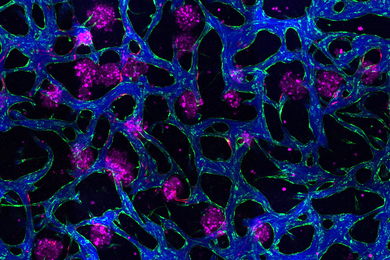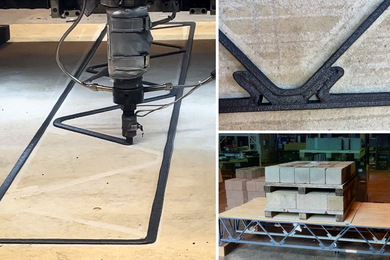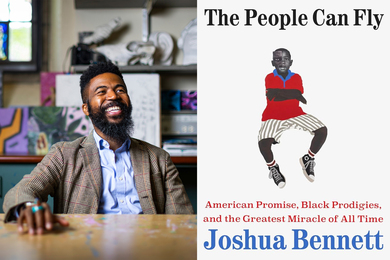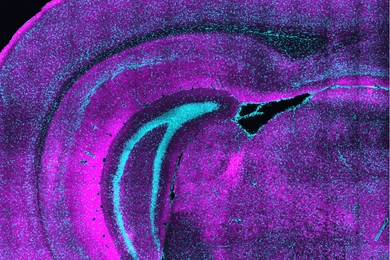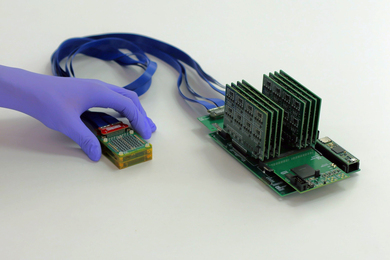An MIT physicist is among the members of the Cosmic Background Explorer (COBE) science team recently awarded the 2006 Gruber Cosmology Prize for their groundbreaking studies confirming that our universe was born in a hot Big Bang.
Professor Emeritus Rainer Weiss of the Department of Physics was on the team of scientists that set about measuring microwave and infrared light from the early universe.
COBE determined that the cosmic microwave background, which is essentially the afterglow of the Big Bang, has a temperature of 2.725 +/- 0.002 Kelvin, or about minus 455 degrees Fahrenheit. This observation matched the predictions of the hot Big-Bang theory extraordinarily well and indicated that nearly all of the radiant energy of the universe was released within the first year after the Big Bang.
Also, COBE discovered slight temperature variations (about 10 parts per million) in this relatively uniform light. These variations -- a little more heat here, a little less there -- pointed to density differences which, through gravity over the course of billions of years, gave rise to the hierarchal structure of stars and galaxies we see today.
Steven Hawking, independent of the COBE team, called these variations "the most important discovery of the century, if not of all time."
The Cosmology Prize of the Peter Gruber Foundation recognizes individuals who have contributed to fundamental advances in the field of cosmology. The purpose of the Cosmology Prize is to acknowledge and encourage further exploration in a field that shapes the way we perceive and comprehend our universe.
A gold medal and $250,000 prize were presented to John Mather of NASA Goddard Space Flight Center, who represented the COBE team of some 19 scientists, at the opening ceremony of the International Astronomical Union's (IAUs) General Assembly in Prague on Aug. 15. Since 2001, the Cosmology Prize has been co-sponsored by the IAU.

